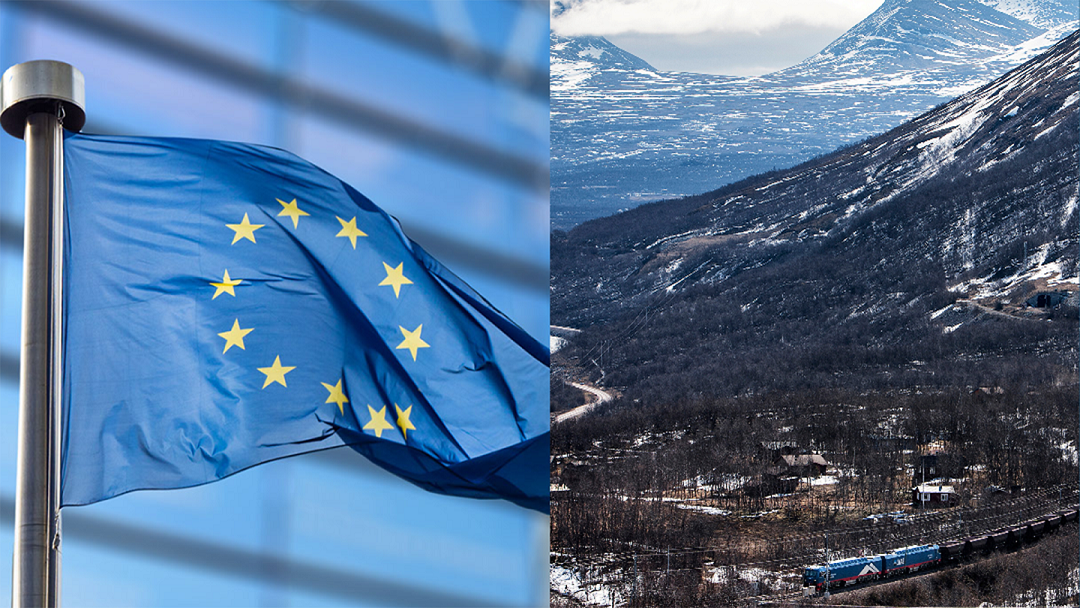LKAB’s four considerations for the Critical Raw Materials Act
Press release from LKAB
LKAB has responded on the upcoming European Union Critical Raw Materials Act and detailed what is needed to make a difference to Europe’s self-sufficiency and to enable the green transformation.

In September 2022, president von der Leyen announced during her State of the Union Speech the need for a Critical Raw Materials Act, that will be presented at the beginning of 2023.
“LKAB welcomes the Commission’s initiative to address the obvious and urgent need to secure supply of raw materials required. The need for metals and minerals is vital in order to reach the objectives of the Green Deal. Apart from short term measures, such as import, trade and stockpiling, Europe must urgently address how to secure increased domestic production in the longer term” says Niklas Johansson, Senior Vice President Communication and Climate, LKAB.
LKAB formulates four main requests to be featured in the Critical Raw Materials Act:
- Supported possibilities to undertake exploration work, to increase knowledge and to make it possible to single out mineralisation’s having the greatest geological potential.
- Improved permitting conditions, through fast-track permitting, introducing mining projects as Important Reason of Overriding Public Interest (IROPI) and enhanced guidance on the interpretation of EU legislation.
- A recognition of both critical and strategic metals and minerals, supported by the metals demand forecasts and the geological association between critical raw materials and more common metals and minerals.
- Improved policy and regulatory coherence, providing possibilities to legally recognise mining and production of critical and strategical raw materials as equally important as other interests with legally binding objectives on EU level.
Read LKAB’s full response here.
LKAB can be part of the solution
Several CRMs are mainly imported from countries such as Russia or China, where they may have been produced under poor environmental and social conditions, and due to geopolitical circumstances linked to risks with supply.
LKAB produces approximately 80% of the iron ore in Europe and has the potential to become a leading producer of REE and phosphorus in the EU, through the circularity project ReeMAP, where critical raw materials can be extracted as by-products from the iron ore mine tailings that is today a waste material. This would allow LKAB to enable increased European resilience and self-sufficiency of Critical Raw Materials by producing:
- Phosphorus for mineral fertilisers, needed for agriculture and food production.
- Rare Earth Elements (REE) for permanent magnets in electric vehicles and wind turbines.
- Fluorine products for the chemicals industry and medical applications.
- Gypsum for building and construction.
LKAB’s main requests for the CRM act are important to strengthen European production, to accomplish the green transition and to realise the ReeMAP project including the expansion potentials of the Per Geijer ore body.
Originally published on 2 December.
Announcements are published as a service to readers. The sender is responsible for all content.
Announcements for publication can be submitted to [email protected].